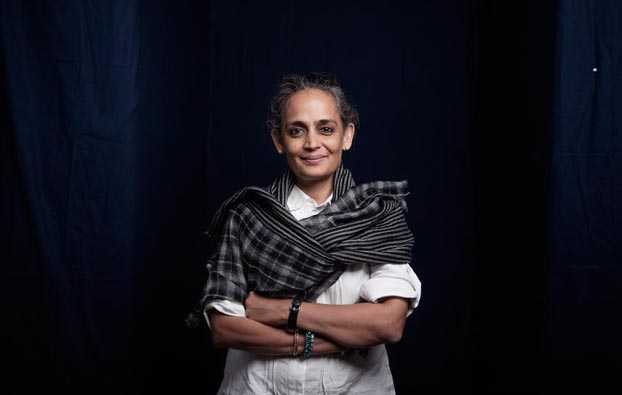
While the human race is momentarily incarcerated, and even as a record-size hole opens in the ozone layer above the Arctic, the earth has given us an indication of her ability to heal. Even in our moments of sickness and loss we cannot help but hold our collective breath in wonder at the show she has put on. But plans are afoot to put an end to all of that. In India, for example, just in these last few days, a large portion of a tiger reserve is about to be turned over to a religious gathering—the Kumbh Mela—which attracts tens of millions of Hindu pilgrims. An elephant reserve in Assam is being marked off for coal mining, and thousands of acres of pristine Himalayan forest in Arunachal Pradesh marked off for submergence by the reservoir of a new hydroelectric dam. Meanwhile, not to be outdone, President Trump has signed an executive order allowing mining on the moon.
In very much the same way as the coronavirus has entered human bodies and amplified existing illnesses, it has entered countries and societies and amplified their structural infirmities and illnesses. It has amplified injustice, sectarianism, racism, casteism and above all class inequality.
The same formations of state power that have been indifferent to the suffering of poor people and have indeed worked towards enhancing that suffering are now having to address the fact that sickness among the poor is a veritable threat to the wealthy. As of now there is no firewall. But a firewall will appear soon. Perhaps in the shape of a vaccine. The powerful will elbow their way to the head of the spigot, and the old game will start up all over again—the survival of the richest. Already the world is witnessing job losses on a scale that is unimaginable. I write this on International Labor Day, one hundred and thirty-one years after the Haymarket massacre in Chicago and the workers’ struggle for the eight-hour working day. Today Indian Industry is pressurizing the Government to dismantle what little is left of labor rights and allow for a twelve-hour working day.
Right now, while we are all locked down, they are moving their chessmen around pretty fast. The coronavirus has come as a gift to authoritarian states. In country after country—Bolivia, Philippines, Hong Kong, Turkey, India—governments are using the lockdown to move against their critics. In India, students, activists, academics and lawyers who are seen to have been prominent faces in anti-government protests are being arrested under a draconian antiterrorism law that could keep them in prison for years. And those who have served the government’s Hindu nationalist agenda, no matter how violent or egregious their crimes, are being promoted, pampered and favoured.
Pandemics are not new. But this is the first in the Digital Age. We are witnessing the convergence of the interests of national level authoritarians with international disaster capitalists and data miners. Here in India, it’s all happening at speed. Facebook has signed up with India’s biggest mobile phone network, Jio, thereby sharing its 400 million WhatsApp user base. Bill Gates is showering praise on Prime Minister Modi, hoping no doubt to amass profits from whatever protocol is rolled out. On Modi’s recommendation, the surveillance/health app Arogya Setu has already been downloaded by more than 60 million people. It has been made compulsory for government employees. It has also been made compulsory for government servants to donate one day’s salary to the mysterious PM CARES Fund, which will not be publicly audited.
Pre-corona, if we were sleepwalking into the Surveillance State, now we are panic-running into the arms of a super-surveillance state in which we are being asked to give up everything—our privacy and our dignity, our independence—and allow ourselves to be controlled and micromanaged. Even after the lockdowns are lifted, unless we move fast, we will be incarcerated forever.
How do we disable this engine? That is our task.





